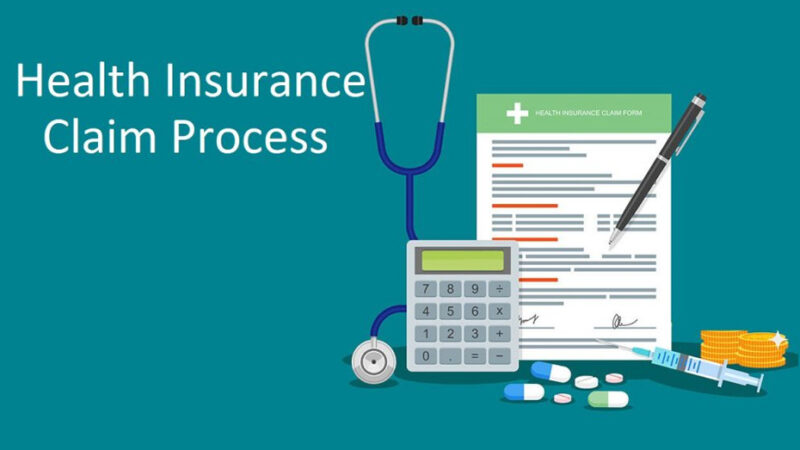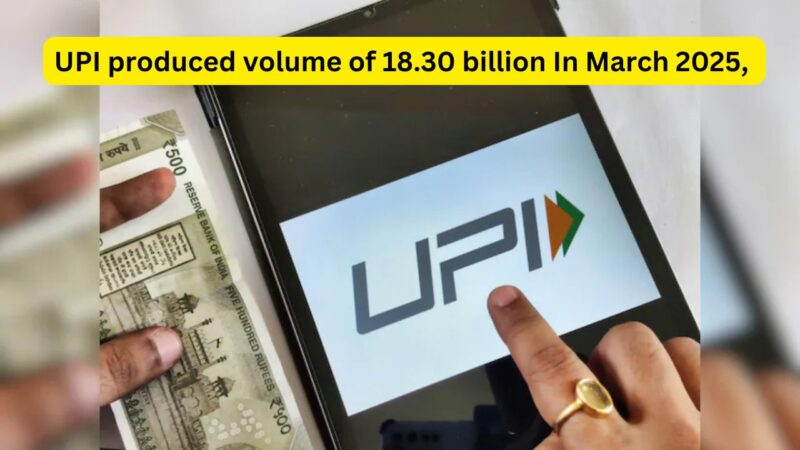An MBAN (master’s in business analytics) or an MBA with a specialty in business analytics are available in Canada. International applicants must have a GPA of 3.0 (83-86 percent) and a GMAT score for elite universities in order to be admitted to Masters in Business Analytics programs.
The course focuses on how technology and business meet, delivering analytical insights that aid in the achievement of business objectives. Graduates of business analytics programs in Canada have a variety of job opportunities. Business analytics post graduate in Canada can earn between 70,000 and 100,000 dollars per year. Let’s begin our today’s blog about MS Business Analytics in Canada.
Why should you get a master’s degree in business analytics in Canada?
- According to the QS World Universities Ranking, 2022, eight Canadian universities offer master’s degrees in business analytics, three of which are among the top 100 in the world.
- According to the Bureau of Labor Statistics, the number of business analytics-related employment will have expanded by 110,000 percent by 2026.
- 71 percent of firms aim to hire business school graduates for analytical roles, according to the GMAC poll 2018. MBAN or an equivalent degree is needed by 52 percent of the hired applicants.
MS in Business Analytics Course
Graduates of Computer Science, data analytics, or individuals with a foundation in statistical mathematics can pursue a master’s degree in business analytics in one to two years. Big data analytics, predictive modeling, supply chain analytics, data visualization, energy analytics, and programming for analytics are among the core areas covered.
Admission Process
International students who intend to study in Canada must meet certain common admissions standards. The admissions process for master’s degrees in Canada, on the other hand, differs by institution. The sections below provide an overview of the admissions process:
Where to Apply: For information on the admission portals/forms, applicants should go to the program page on the official website of the institution they desire to apply to.
In Canada, you can get a master’s degree in business analytics. Eligibility
The following are the general requirements for admission to business analytics courses in Canada:
- 10+2+4 = 16 years of study completed
- Completion of a four-year undergraduate program in which linear algebra, statistics, and calculus were studied.
- Computer programming and data analytics knowledge is required.
- 3.0 GPA on a 4.0 scale, implying a percentage score of 76-81 percent and a letter grade of B or above.
Application Requirements
Master’s program applicants must submit a variety of documents in addition to their applications. The following are the details for the documents needed for Masters in Business Analytics admission in Canada:
- Transcripts: Previous institution certificates, transcripts, and other papers must be supplied. Original transcripts may be required by some universities. Some universities, on the other hand, require candidates to produce authentic transcripts that have been certified.
- Applicants from other countries where English is not the native language must show proof of language proficiency. Applicants are allowed to submit the results of standardized language exams. The following are the minimum criteria for pursuing a master’s degree in business analytics in Canada:
- 7.0 on the IELTS (with a band score of 6.5 each). A lowest total score of 6.5 is
required.
- TOEFL (interactive): 100. A minimum total score of 87 is required by Carleton
University.
- Letters of Recommendation: MS in Business Analytics applicants must produce letters of recommendation from academic or professional sources. Two to three letters of recommendation are usually required by most schools.
- Along with the application, an updated professional résumé is requested.
- Statements of intent and personal essays are two examples of supplementary documentation that may be required for admissions.
Masters in Business Analytics without GMAT
In order to pursue a Masters in Business Analytics in Canada, you must first complete the GMAT. In exceptional circumstances, some universities will waive the GMAT requirement. Without the GMAT, applicants with strong academic credentials in business analytics may be considered for admission.
Applicants from outside the United States must contact the universities directly for more information. For all universities, every application is evaluated in its entirety. Admissions decisions are based on GRE/GMAT results, LORs, and interviews. The decisions are made public after a two to six-month period of review.
Masters in Business Analytics in Canada Costs
International students wishing to study in Canada must have a certain amount of money set aside for the first year of their education. International students’ study costs can be divided into three groups. Pre-arrival expenses, study expenses, and living expenses are the three categories. The cost of a Masters in Business Analytics in Canada varies depending on the university you attend.
Masters in Business Analytics in Canada Jobs
On a Canadian Work Permit, international applicants can work in Canada. The following are some of the jobs that one can get with an MS in Business Analytics in Canada, along with their median wages. Deloitte, CIBC, Air Canada, KPMG, and other well-known companies hire students with a Masters in Business Analytics degree.
Conclusion
Because of the growing popularity of big data-related jobs, the Masters in Business Analytics program in Canada is getting a lot of traction. Popular universities, such as UBC, have seen an increase in the number of applications submitted and applicants awarded admissions. Students with a masters degree in business analytics can work in industries such as financial services, retail, media, travel, and healthcare. MS in business analytics becomes a program of interest for students with a statistical mathematics background, with entry-level median incomes of 50,000-70,000 USD.
Author Bio
Author Bio: Abhyank Srinet is a passionate digital entrepreneur who holds a Masters in Management degree from ESCP Europe. He started his first company while he was still studying at ESCP, and managed to scale it up by 400% in just 2 years.
Being a B-School Alumni, he recognized the need for a one-stop solution for B-School to get in touch with schools and get their application queries resolved. This prompted him to create Mentr Me, a one-of-a-kind portal with cutting-edge profile evaluation and school selection algorithms, along with several avenues to stay informed about the latest B-School Updates.








